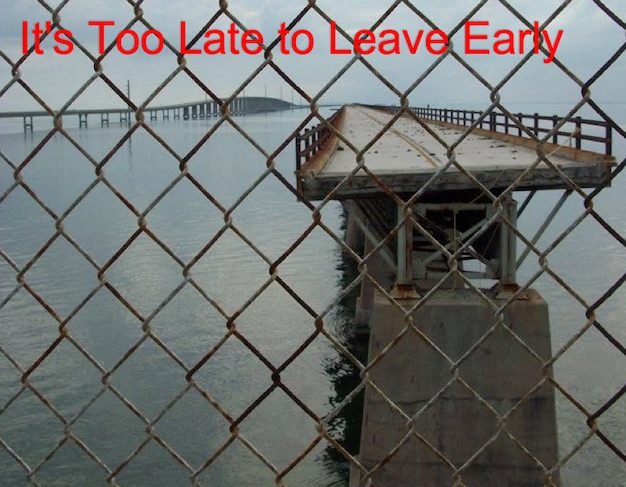Spectral surfing dominated the skies over southern
California long before the sport became popular along the shores and piers of
the congested human community below. Cool ocean breezes carried moisture inland
on mild November air, creating conditions ripe for brief afternoon precipitation
over the hills of Los Angeles. The resulting sunshowers and the accompanying rainbows
were spectacular in their arching radiance unless benders were prevented from
doing their jobs. It was the benders that turned unremarkable horizontal rays
of wet white light into splayed jewels of colored luminance.
 Roy kicked off his skids as he monitored the sky,
anticipating a hearty straight and narrow that he would mount in a leaping dash
from the foothills near Santa Monica and ride for miles in a rush of color and
spray. He existed for the pure art and joy of a splendid ride, and prided
himself on the depth and breadth of colors he was able to extract, briefly
tattooing the sky with his footwork. He would frequently hang five on his
descent, goofy-foot on rare occasions, and on his best days bend double
rainbows Earthward under his feet.
Roy kicked off his skids as he monitored the sky,
anticipating a hearty straight and narrow that he would mount in a leaping dash
from the foothills near Santa Monica and ride for miles in a rush of color and
spray. He existed for the pure art and joy of a splendid ride, and prided
himself on the depth and breadth of colors he was able to extract, briefly
tattooing the sky with his footwork. He would frequently hang five on his
descent, goofy-foot on rare occasions, and on his best days bend double
rainbows Earthward under his feet.
Catching a ray took timing and patience. Opportunities were
scarce, and competition between surfers was growing as the number of benders
grew relative to the number of available rays. Because of this rivalry, a ride’s
exhilaration was always tempered by the possibility of conflict, or even
sabotage.
On the afternoon of November 14th the rain bent
and bowed, shredding into seven brilliant bands under Roy’s white refractals.
He dove earthward in the vicinity of the Los Angeles River and dipped below
ground level hoping to exit unseen. Too late to react upon approach, he spotted
a rival bender reflected in the shallow water of his intended culvert, standing
on the bridge above. He struggled to reduce his speed and braced himself for
impact, helpless.
To read the rest of this story and more than fifty others, please consider buying "Natural Selections," at Amazon.com.


